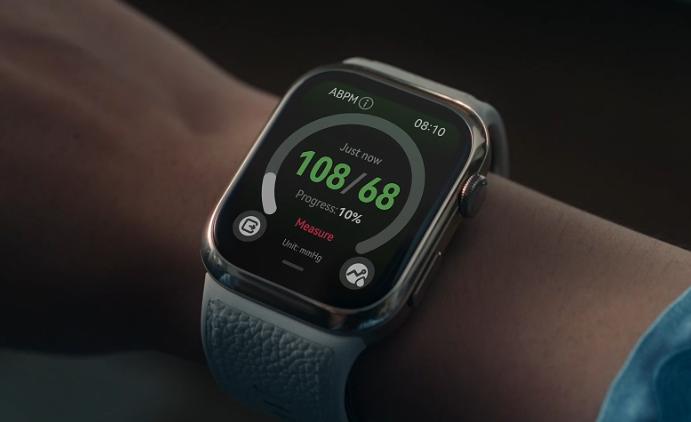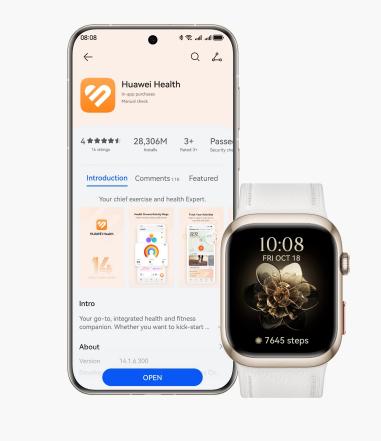Blood pressure plays a critical role in the health and function of your cardiovascular system. High blood pressure, also known as hypertension, is a common condition that can lead to severe heart complications if left unmanaged. Maintaining a healthy blood pressure level is essential for ensuring that your heart and blood vessels are in excellent condition. By understanding the impact of blood pressure on heart health and taking proactive steps to reduce hypertension, you can protect yourself from heart disease and other related issues.

What is Blood Pressure and How Does it Affect Your Heart?
Blood pressure is the force of blood against artery walls, measured in millimeters of mercury (mm Hg). It’s recorded as systolic pressure (when the heart beats) over diastolic pressure (when the heart rests). An ideal reading is around 120/80 mm Hg. High blood pressure forces the heart to work harder, weakening the heart muscle and damaging arteries over time. This can lead to serious conditions like heart attacks, strokes, and heart failure. It can also cause atherosclerosis, where plaque builds up in the arteries, limiting blood flow and oxygen to the heart.
Why Reducing Blood Pressure is Vital for Heart Health?
Link Between High Blood Pressure and Heart Disease
High blood pressure is one of the most significant risk factors for heart disease. When the pressure in the arteries remains elevated over time, it can lead to the thickening and stiffening of arterial walls, increasing the risk of blockages. This can result in coronary artery disease, where the arteries supplying blood to the heart become narrowed. In severe cases, the buildup of plaque in the arteries can cause heart attacks or strokes.
Furthermore, hypertension can contribute to the development of other cardiovascular issues, such as heart failure, where the heart struggles to pump blood effectively to meet the body’s demands. By lowering blood pressure, you can help prevent these serious complications and reduce the overall burden on the heart.
Lowering Blood Pressure to Reduce Heart Strain
Lowering blood pressure alleviates the strain on the heart and arteries, allowing them to function more efficiently. Managing blood pressure can help prevent or reduce the risk of developing heart disease, stroke, and other complications. Even modest reductions in blood pressure can have a significant impact on heart health. For instance, a reduction of 5 to 10 mm Hg can lower the risk of heart disease by up to 20%. The benefits of blood pressure management extend beyond just the heart; it also helps protect other vital organs, including the kidneys and brain.
How to Effectively Lower Blood Pressure and Protect Heart Health
Dietary Tips to Lower Blood Pressure
A heart-healthy diet is essential in managing blood pressure. Eating nutrient-rich foods that support cardiovascular health can make a significant difference. Incorporating best foods to lower blood pressure into your diet, such as fruits, vegetables, whole grains, and lean proteins, can help maintain healthy blood pressure levels. Here are some dietary tips to help lower blood pressure:
The Role of Exercise in Managing Blood Pressure
Regular physical activity is one of the most effective ways to manage blood pressure. Exercise strengthens the heart, allowing it to pump blood more efficiently, and helps relax blood vessels, reducing the force needed to circulate blood.
Even simple activities like taking the stairs instead of the elevator or walking during lunch breaks can have a positive impact on blood pressure.
Stress Management for Lower Blood Pressure
Chronic stress is another contributor to high blood pressure. Long-term stress can lead to increased heart rate and higher levels of stress hormones, which can elevate blood pressure. Incorporating relaxation techniques into your daily routine can help manage stress and lower blood pressure.

Huawei Watch D2: A Powerful Tool for Monitoring Blood Pressure
For those looking for a more tech-savvy approach to managing blood pressure, the Huawei Watch D2 offers an advanced solution. This smartwatch comes with built-in blood pressure monitoring capabilities, allowing you to track your blood pressure levels throughout the day. By monitoring your blood pressure regularly, you can stay informed about any fluctuations and take action when needed.
The Huawei Watch D2 provides accurate and real-time data, helping you identify trends and make necessary lifestyle adjustments. Its health management system is integrated with the Huawei Health app, which offers personalized insights into your heart health and overall wellness. This makes it easier to track the effectiveness of your diet, exercise, and stress management efforts in real time.
Additionally, the Watch D2 also offers other key features for heart health, including heart rate monitoring, SpO2 tracking, and stress level assessment, making it a comprehensive tool for managing both blood pressure and general well-being.
Conclusion
Reducing blood pressure is one of the most crucial steps you can take for maintaining heart health. By understanding how high blood pressure impacts your heart and implementing effective lifestyle changes, you can lower your blood pressure and reduce your risk of serious heart conditions. Adopting a balanced diet, regular exercise, stress management practices, and, if necessary, medication, can collectively support a robust cardiovascular system. Additionally, using innovative tools like the Huawei Watch D2 to monitor your blood pressure provides valuable insights that can guide your efforts in real time. Taking these proactive measures ensures that your heart remains strong and healthy for years to come.
